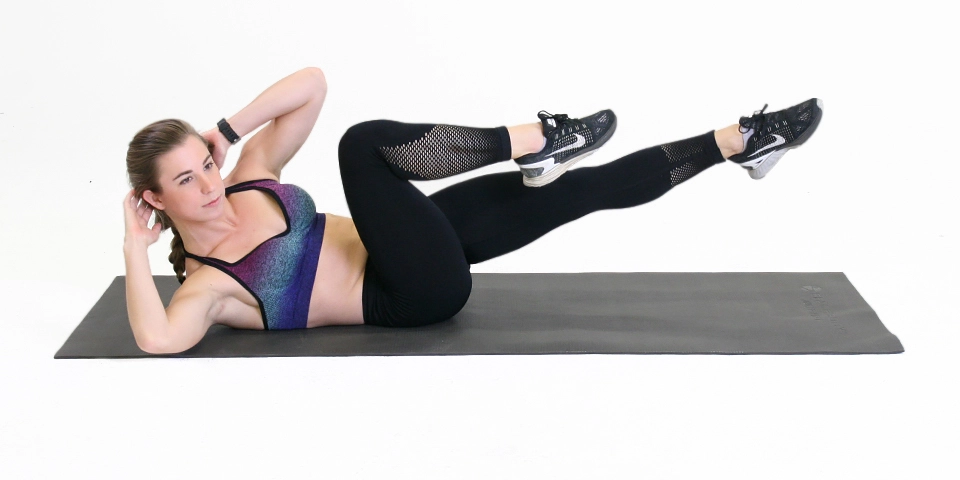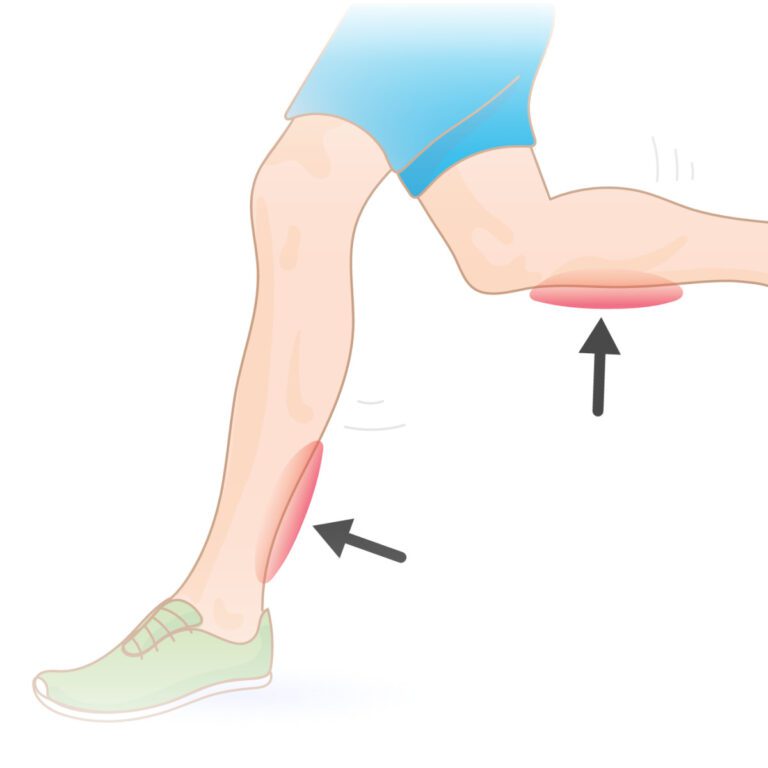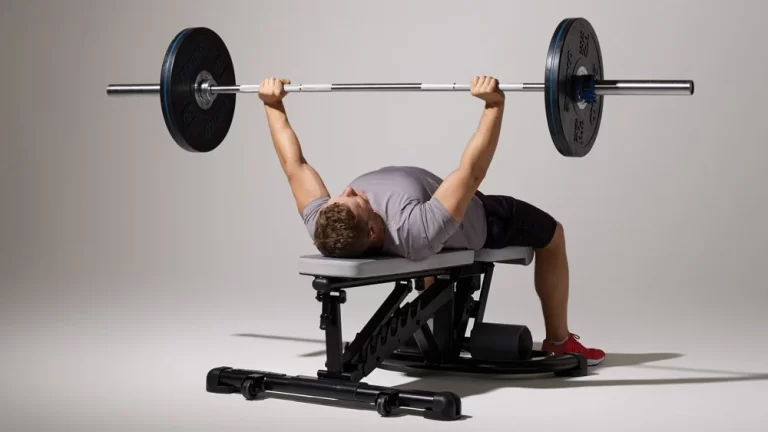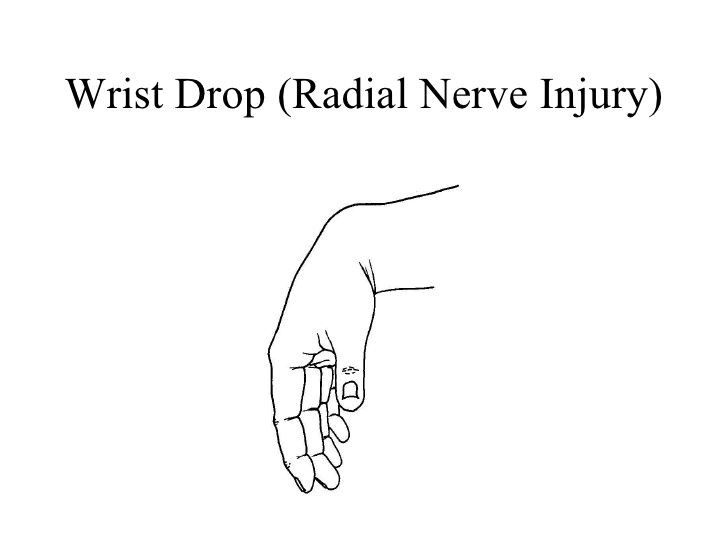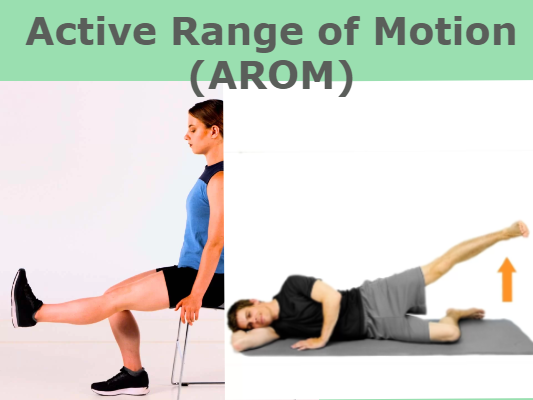External and internal obliques muscle strengthening exercise
Table of Contents
What are external as well as internal obliques muscle strengthening exercises?
- The external oblique & internal obliques are major muscles in the abdominal area. This muscle extends diagonally from the ribs to the pelvis, This obliques plus the rectus & transverse abdominals make up the abdominal wall, These muscles work together to control movement in the spine, rib cage, & pelvis. When patient thinks about core workouts, most of us fixate on the anterior abdominals.
- The entire core assists us to stay balanced & perform a ton of exercises without falling over or even straining our backs, but the external & internal oblique muscles in particular have an important role. The patient uses them every time we twist his trunk or bend down to one side or the other. “The obliques assist to stabilize us & keep our torso protected”
- If you look at the anatomy of the obliques, as much as where they attach to the pelvis & rib cage, they are involved in the stabilization of a pelvis, so this is important to make sure they are strong & they are working as they should, They make for a strong core, which provides stability throughout the entire motion system. Strengthening oblique muscles assists to promote better posture, balance, as well as coordination; decrease the risk of injuries, & improves fitness & athletic performance.
- To strengthen the oblique muscles, the patient will likely be strengthening other muscles in the process (like the rest of the core muscles), helping with mobility & overall functioning.
Health benefits by doing obliques muscles strengthening exercises
- Helps to Support Better Posture
- Helps to improve Balance
- Helps to Support Good Running Form Core strength allows the hips, pelvis, & lower back to work together more smoothly with less rocking as well as less excess energy expended.
- This exercise increase Stability If you have a weak core, you instantly heighten the risk of muscle injuries, lower back pain, & poor posture.
- Helps to Protect the Organs
- This exercise Makes Life Easier: Like bending down to pick something off the floor, long time standing, or even performing household chores. That is why many core exercises fall under the umbrella of functional fitness: They may help you go about the day with more easiness, and seriously makes you more functional.
- This exercise can reduce or Prevent Low Back Pain. This exercise Boosts the Power This exercise Supports Strength Training
- This exercise Helps You Age Well: This stabilizes the whole body & gives you better balance as well as Posture, all of which can help you Prevent falls, prevent back pain, & keep you mobile as you get older.
- Helps to increase spinal mobility. However, abdominal exercises may help to tone the belly somewhat by defining the abdominal muscles. And once you lose the tummy fat, you will likely discover that you have that six-pack hiding underneath. Many individuals aspire to gain stronger, leaner abdominal muscles (or abs). The abdominals are the muscles around the tummy & belly button and are often referred to as the “six-pack.” If the patient is interested in burning belly fat & getting a leaner midsection, here are a few key factors to consider: Strong abdominal muscles: Focusing on exercises that develop core strength & stability may help develop toned abs.
- Genetics: Many individuals are genetically predisposed to abdominal fat. While that does not necessarily mean you will always have it, the patient may have to step up the workouts to get the results you are hoping to achieve.
- Belly fat: The patient will not be able to see the strong core muscles from the surface if there is a layer of body fat around the midsection. However, the patient can still have a strong abdomen & have a bit of belly fat and still be considered healthy, especially if you are exercising regularly & following a well-balanced diet.
There have different exercises to strengthen the oblique muscles
Bird dog
- How to do this strengthening exercise: This exercise targets the abdominals & will also test balance. Lattissimus dorsi and Glutes.
To do this exercise the patient has to come on all four limbs with the hands in line with the shoulders & knees in line with the hips. - Beneath in brace the core, & reach the left arm as well as the right leg straight out so they are both parallel to the ground.
- Ensure that the lower back stays stable and the hips stay square to the ground.
- Breathe out & returns to the starting position. Repeat with the right arm & left leg.
- Do 1 to 2 sets of 8–10 repetitions on each side in one session. Do around two sessions per day.
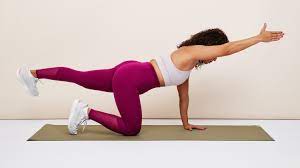
Heel-tap
- How to do this strengthening exercise:
- Target the obliques with this move, which is essentially a side crunch on the ground.
- To do this exercise the patient has to Lie on the back of the ground with the knees flexed & feet flat.
- Arms should be down by the sides with palms facing up or even down.
- Breathe in & use the core to raise the head as well as upper back off the ground.
- Reach down to the right side, tapping the heel with the right hand. Think of this motion as a side crunch, & resist the urge to raise the upper body further off the ground.
- Return to the center.
- Repeat on the left side.
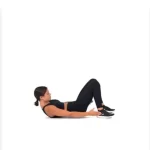
Side plank
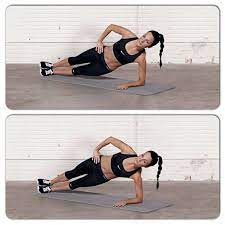
- How to do this strengthening exercise: To do this exercise the patient has to Lie on the ground on the right side.
- The patient has to Come up on the hand & support the upper body.
- Flexed the knees up to a 45-degree angle & stack the left leg on top of the right. The patient can also straighten the legs & stack the feet if you have the strength.
- The whole body should form a straight line from either head to knee or head to toe, whichever setup you choose.
- The feet should be touching, use the obliques to pull the left hip toward the ceilings, allowing the left arm to rest on the side or extend overhead.
- Hold here for the desired time, then switch sides.
- Do 2 to 3 sets of 8–10 repetitions in one session. Do three sessions per day.
Side plank with a reach-under
- How to do this strengthening exercise:
- To do this exercise the patient has to Lie on the ground on the right side.
- Come up onto the hand or forearm, supporting the upper limb.
- Flexed the knees up to forty-five degrees angle & stack the to pull the left hip toward the roof.
- Extend the right arm overhead.
- Breathe in, & reach the hand down as well as under the right side of the body, adding in that twist.
- Return the arms overhead, then repeat.
- Do 1 to 2 sets of 10–15 repetitions in one session. Do two sessions per day.

Cross-body mountain climber
- How to do this exercise:
- To perform this exercise the patient has to first come in a high plank position, but with the glutes slightly higher than they would be in that position.
- Wrists are under the shoulders & the neck should be neutral.
- Drive the right knee forward toward the left elbow, keeping the rest of the body stable.
- Return to the initial position, then repeat with the left leg.
- Do 1 to 2 sets of 8–14 repetitions in one session. Do three sessions per day.
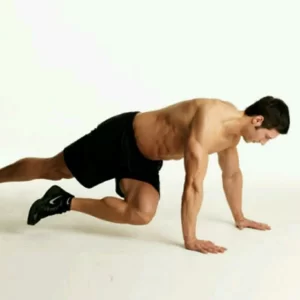
Bicycle crunch
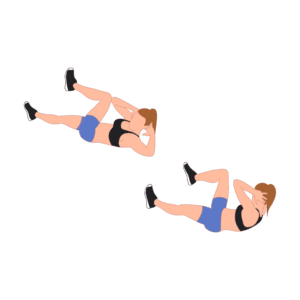
- How to do this strengthening exercise: To do this exercise the patient has to Lie on the ground on the back, bringing the legs to a tabletop position.
- Flexed the elbows & place the hands behind the head.
- Utilize the obliques muscles, raise the head, neck, & shoulders off the floor, as well as bring the left elbow to the right knee, straightening the left leg.
- Release slightly & twist to the other side, flexing the left leg, straightening the right leg, as well as bringing the right elbow to the left knee.
- Do 2 to 4 sets of 10–14 repetitions in one session. Do two sessions per day.
Standing core stabilizer
- How to do this strengthening exercise: To do this exercise a patient has to Stand straight with the feet about shoulder-width apart, and bring the arms straight out in front of you, hands touching.
- Start to twist the upper body to the left, leading with the hands & allowing the right toe to pivot in response.
- The gaze should follow this movement.
- Return to the center & repeat for the desired number of repetitions, then repeat on the right side.
- Do 2 to 4 sets of 10–15 repetitions in one session. Do three sessions per day.
Wide side crunch
- How to do this strengthening exercise: To do this exercise the patient has to Stand & Take a wide stance with the toes pointed out.
- Sink into the squatting position, & raise the arms out to the sides with the elbows flexed up to a ninety-degree angle.
- Hold into the squat position, bend at the side, taking the right elbow toward the right knee.
- Return to the center & crunch to the left.
- Do 1 to 2 sets of 8–10 repetitions in a session. Do nearly 2-3 sessions per day.
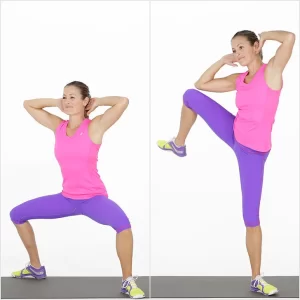
Standing knee tuck extension
- How to do this strengthening exercise: To do this exercise a patient has to stand with the feet wider than shoulder-width apart & the toes pointed out.
- Flexed the elbows & put the hands behind the head.
- Engage the obliques & bend sideways at the waist, bringing the knee up as well as the elbow down simultaneously.
- Return to the center & repeat on the other side.
- Do 2 to 4 sets of 8–10 repetitions in one session. Do three sessions per day.

Walking lunge with rotation
- How to do it: To perform this exercise a patient has to begin with the standing position the feet together & the arms out in front of you, elbows flexed at ninety degrees.
- Lunge forward with the right leg until the thigh reaches parallel, twisting the trunk over the right thigh to hit the oblique.
- Return to the standing position, twisting the trunk back to the center.
- Step forward with the left leg, repeating the motion.
- Do 1 to 2 sets of 20–10 repetitions in a session. Do three sessions per day.
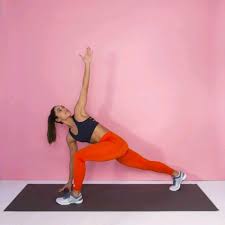
Intermediate Routine
- Once the patient has mastered the beginner moves, try out this intermediate routine.
Side plank rotation
- How to do this strengthening exercise: To perform this exercise the patient has to take a high plank position with shoulders in line with wrists & the neck neutral. Place the feet left next to each other.
- Lift the hand off the ground & start to rotate into the side plank position, opening the trunk to the room.
- The left arm should follow the body, remaining extended.
- Pause here & then come back to the high plank, repeating on the next side.
- Do 2 to 4 sets of 10–18 repetitions in one session. Do two sessions in a day.

Hip dips
- How to do this exercise: To perform this exercise a patient has to take the forearm plank position. Bracing the obliques, rotate the body to the left, dropping the left hip as close to the floor as it will go. Return to the center, repeating on the next side.
- Do 1 to 2 sets of 8–10 repetitions in a session.

Windshield wipers
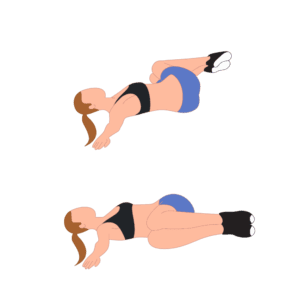
- How to do this strengthening exercise: To perform this exercise a patient has to Lie with the back flat on the ground & the legs in the tabletop position.
- The arms should be out perpendicular to the body.
- Bracing the obliques, slowly allow the knees to fall to the left, maintaining control down. Otherwise, stop when you feel the upper back coming off the ground.
- Return to starting position, then repeat on the next side.
- Do 2 to 3 sets of 10-15 repetitions in a session. Do two sessions per day.
Woodchop
- How to do it: To do this exercise, first of all, hold a dumbbell & hold it by each end to the left side of the body.
- Squatting down slightly & rotating the torso to the left.
- Stand up and, the arms should be extended, swing the dumbbell up as well as across the body in a controlled movement by twisting the trunk to the right.
- Pivot on the right toe as you go, bringing the dumbbell to end over the right shoulder.
- Return to the starting position, do the desired number of repetitions, then repeat on the other side.
- Do 1 to 2 sets of 15 to 20 repetitions in a session.
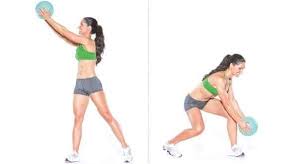
Oblique side bends
- How to do this strengthening exercise: To perform this exercise a patient has to Stand straight & grab a dumbbell in one hand at the side. The feet should be close together but not touching.
- Bracing the obliques, bend sideways at the waist, allowing the dumbbell to drop down toward the floor.
- Using the oblique, pull yourself back to starting, repeating for the desired number of repetitions.
- Repeat on the other side.
- Do 2 to 4 sets of 8–10 repetitions in a session. Do three sessions per day.
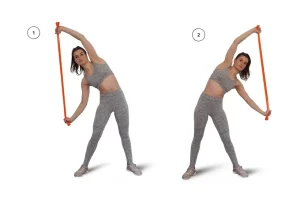
Russian twist
- How to do this exercise: To do this exercise the patient has to Sit on the floor with the knees flexed & feet flat on the floor.
- Lean back & raise the feet off the ground, balancing on the tailbone.
- Extend the arms & twist the torso, allowing the arms to drop to the right side.
- Twist back, dropping to the left.
- Do 1 to 2 sets of 8–10 repetitions in a session. Do two sessions in a day.
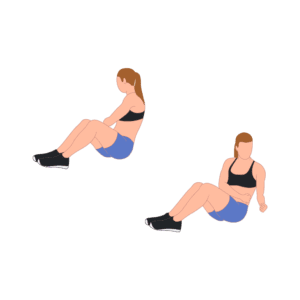
Lunge with rotation & added weight
- How to do this exercise: Complete this lunge the same way you would without weight, & hold a dumbbell out in front of you with the arms extended, twisting as you go.
Medicine ball side toss
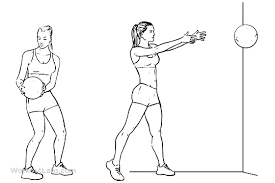
- How to do this strengthening exercise: Hold a medicine ball & position yourself three-four feet away from the solid wall. Turn so the left side is facing the wall.
- Hold the medicine ball with both hands at the side of the right hip.
- Squatting down slightly, twist the trunk, & propel the ball toward a wall, extending the arms as you go.
- Catch the ball, twist the trunk back to center, lower the ball back to hip level, & immediately toss it again.
- Repeat for the desired number of repetitions, then switch sides.
- Do 2 to 4 sets of 10–15 repetitions in a session. Do three sessions in a day.
Oblique crunch
- How to do it: To do this strengthening exercise, first of all, the patient should sit on the ground with the knees flexed & feet flat on the ground. Roll onto the right hip at a 45-degree angle, bracing yourself on the left forearm. Raise the feet & knees off the ground, and put the right hand behind the head. Curl up, bringing the lower limb & upper limb to meet. Release back to starting position & repeat for the desired number of repetitions.
- Repeat on the other side.
- Do 2 to 4 sets of 10–18 repetitions in one session. Do two sessions per day.
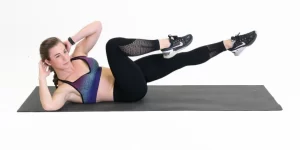
Single-arm toe touch
- How to do this strengthening exercise: To perform this exercise a patient has to Lie on the back with the legs out in front of you & the arms at the sides.
- Engaging the core, raise the left arm & right leg, twisting to tap the right foot with the left hand.
- Release back down & repeat with the right as well as the left leg.
- Do 1 to 2 sets of 8–10 repetitions in one session. Do three sessions in one day.

Single-leg side plank
- How to do this strengthening: To perform this exercise a patient has to Balance on a single leg to take the side plank up the notch.
- Get into the side plank position on the feet.
- Then raise the top leg, supporting the weight on the bottom leg.
- Do 3 to 5 sets of 30 seconds and hold in one repetition. Do three repetitions in one session. Do three sessions per day.
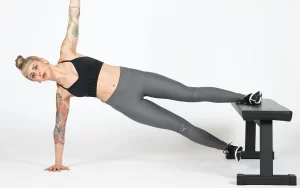
Spider man crunch
- How to do this strengthening exercise: Get into the high plank position.
- Flexed the knee & pull it out to the side, bringing the knee to the elbow.
- Repeat on the next side. Do 1 to 2 sets of 10–15 repetitions in one session. Do two sessions in one day.
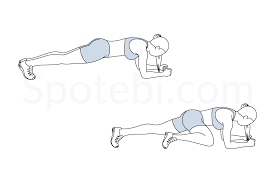
Landmine rotations
- How to do it: To do this strengthening exercise the patient should position herself in front of the barbell in the landmine attachment.
- Hold the end of the barbell with both hands overlapping. The arms should be extended, move a barbell to the right hip, twisting the trunk to meet it. Flexing the knees slightly & keeping the arms straight, rotating the trunk, bringing the barbell up & over to the left hip.
- Pivot the feet to make this move smooth. Repeat, alternating sides until reaching the desired number of repetitions.
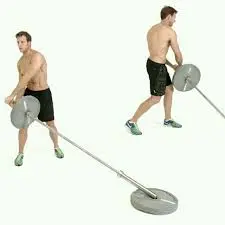
Extended Side Angle Pose
- How to do this strengthening exercise: To perform this exercise a patient has to begin in the standing position.
- Put the hands on the hips with the feet in a wide stance. Turn the left foot so it is pointing to the left.
- Flexed the left knee & lower body down into the lunge position. The knee should be flexed at a 45-degree angle, & not extend past the ankle; the right leg is extended behind you.
- Flexed the left elbow & rest it on the left thigh, twisting the trunk so it faces the right side, keeping the head aligned with the spine & also facing right. The right arm overhead with the palm facing the floor & stretch it alongside the right ear so you feel the entire right side lengthen.
- To increase the difficulty, place the left hand on a block or on the floor instead of resting on the knee.
- Hold for 30 to 40 seconds & then switch to the next sides.
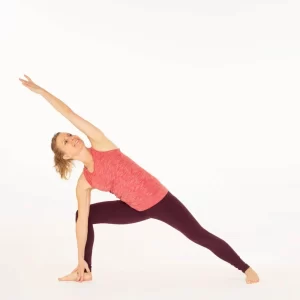
Dead Bug
- How to do this strengthening exercise: To perform this exercise a patient has to Lie on the back with the arms extended up toward the sky & flexed the knees so the shins & thighs form a ninety-degree angle (shins should be parallel to the ground).
- Engage the core & lower the left arm straight back behind you at the same time you extend the right leg out long in front of you, lowering it so it hovers just above the floor.
- Return them to the center, & repeat on the next side.
- Do 2 to 4 sets of 8–10 repetitions in one session. Do three sessions per day.
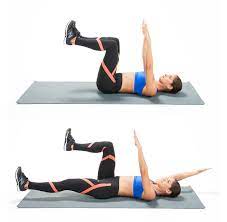
Standing Wood Chop

- How to do this strengthening exercise: To perform this exercise a patient has to come in the Standing position with the split stance with the left foot forward & the feet slightly wider than hip-distance apart.
- Grab a medicine ball in your hands & lift it to the left so it is slightly higher than shoulder height & extended diagonally away from the body. Keep the head as well as shoulders pointing straight ahead.
- Then, in the fluid motion, bring the medicine ball toward the right hip.
- Then raise it back to the starting position. Increase the speed so you feel the oblique muscles engaged.
- Repeat for a total of 30 to 4 seconds; then go for another side.
Standing Trunk Rotation
- How to do this exercise: To do it a patient has to Stand with the feet hip-width apart & grab a medicine ball between the hands in front of the chest.
- The core should be tight, the arms flexed at right angles at the elbows, & the elbows hugging the sides, rotate the trunk slowly to the left, keeping the head as well as chest rotating along with it.
- Hold the twist briefly before rotating to the right.
- Do 3 to 4 sets of 8–10 repetitions.
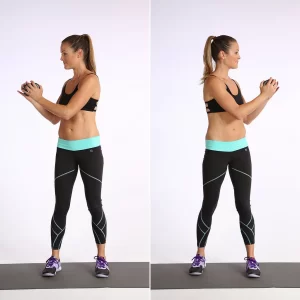
Mountain Climbers
- How to do this strengthening exercise: Start with the plank position with hands on the floor, shoulders above the wrists, & holding the body to form a straight line from head to toe parallel with the ground.
- Engage the core as you bring the left knee into the chest & the left toes off the ground.
- Return to the plank position & repeat the move with the right knee.
- Continue alternating legs in a quick, smooth motion.
- Do 2 to 4 sets of 10–15 repetitions in one session. Do three sessions per day.
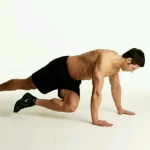
When did the patient not do this exercise?
- If the doctor advised you to take rest.
- If a patient is recently undergone abdominal surgery.
- If the patient is feeling any pain or discomfort during these exercises.
- If a patient has acute back pain, you take advice from a Physiotherapist before doing any exercise.
FAQ
While ab exercises such as crunches & regular planks target the muscles in the front of the core, a side plank works your obliques, the muscles that run along the side of the core. Keeping the obliques strong can make it easier to rotate and bend the trunk.
You can even try unilateral exercises like single-arm shoulder presses, single-arm chest presses, single-leg squats, single-leg lunges, and single-leg rows. Doing more reps on the weaker side won’t make both sides even, so do not do it. Just try and work the weak side as much as your stronger side.
A right-handed person will often feel the right side of their body is stronger than the left. Since we use our dominant hand to perform the majority of tasks, this makes sense. However, too much of an imbalance can inhibit performance & increase the risk of injury.
Our strongest and largest muscles are in the shoulders, upper arms, hips, and thighs. These muscles should be used to lift & move heavy objects and clients. If small & weaker muscles (lower back, neck, lower arms) are used for lifting, they could be injured.
The most effective exercises to activate the rectus abdominis, external and internal obliques, & latissimus dorsi muscles were the roll-out & pike exercises, with minimal lumbar paraspinal and rectus femoris activity.

